“Communities drive the energy transition.”
Who are you — and what’s happening at your lab?
Hart van Zuid is part of the effort of the national government to improve the south of Rotterdam. It’s an urban area in transformation around an outdated shopping centre and public transport hub. The area will be turned into a vibrant centre for culture, recreation, community and connection. The area development provides opportunities to involve local communities in the development of their neighborhoods. With a special focus on the energy transition.
What kind of local story are you part of?
What do you hope to achieve through Co-PED?
We have two goals. First, we want to help strengthen the growing community in and around Hart van Zuid by bringing people together around energy related activities. This way communities can take the lead in exploring the energy transition on a local neighbourhood level and share already existing knowledge and experiences in the community. This leads to our second goal: matching strength and knowledge with the assets (i.e. the new energy infrastructure in the new development) and ambitions of partners such as the project developer, municipality and others involved in the energy transition and neighbourhood development. Through this we want to find ways to decrease the social divide caused by new developments such as Hart van Zuid.
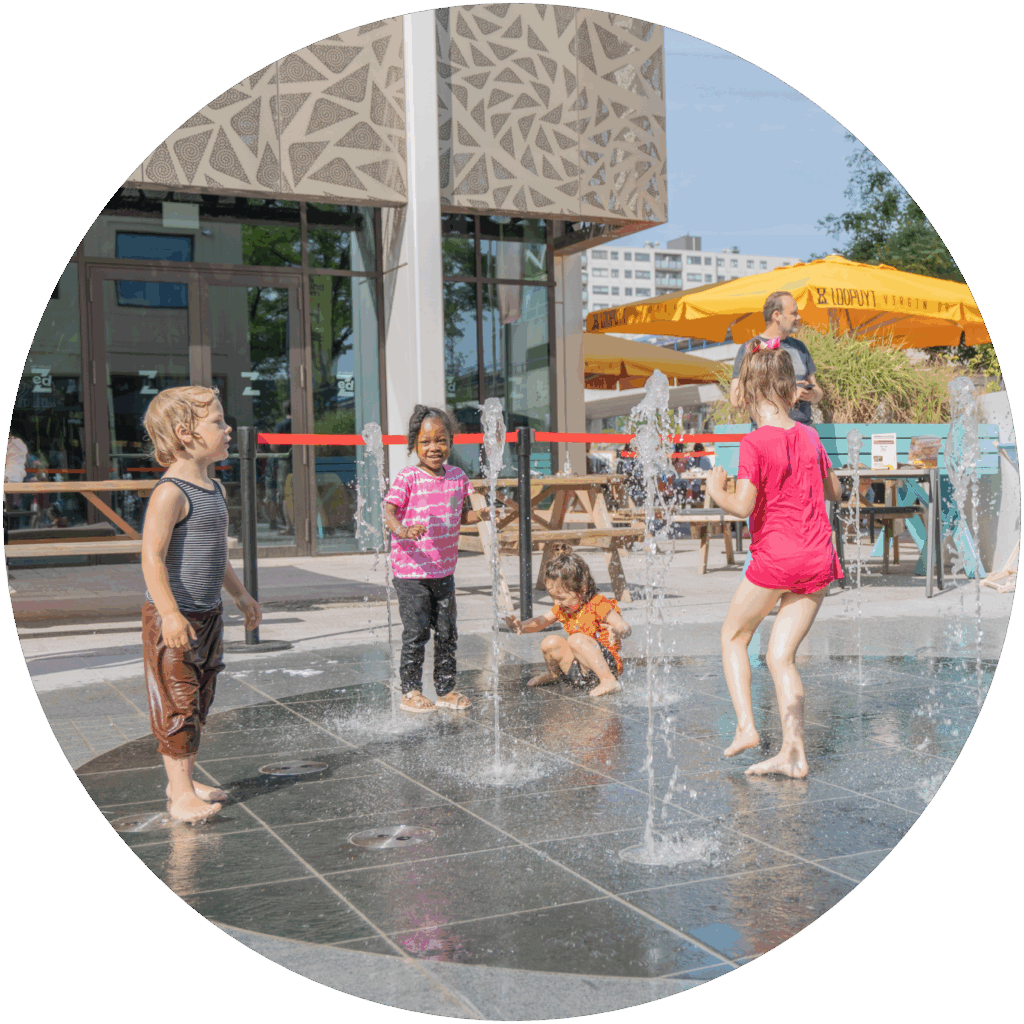
How will you make it happen?
We’ll work closely with the communities, gaining and sharing knowledge on the energy transition within the existing neighbourhoods. They are in the lead. Key partner in this is energy cooperation Zon op Zuid. They want to build more sunroofs and explore ways to actually deliver local energy to the community. Hart van Zuid and it’s brand new infrastructure provide a great opportunity to accommodate these ambitions. We believe in the power of starting small and doing things. As a first step, this is why we’ll be out on the streets organizing small scale events to bring people together. At the same time we’ll be organizing events with the community to share (practical) knowledge.
Who are your allies in all this?
Taking a role connecting between local communities and other (sometimes local) partners and institutions, we work with a wide range of partners. First and foremost the communities and the community places they developed in the past years. Among the community initiatives we specifically work with the energy cooperation Zon op Zuid. We also work with the Theater Zuidplein, the library, project developer of Hart van Zuid, the municipality, the Nation program, and Energie van Rotterdam (the umbrella organization of the energy cooperations in Rotterdam).
What kind of change do you want to see?
We want to show that urban developments such as Hart van Zuid provide the opportunity to connect existing and new neighbourhoods and communities. The social divide we see happening in many new developments is unnecessary. Working differently and with a wider view, new developments provide opportunities to empower local energy communities and enhance the impact of real estate actors.
And finally — your motto for Co-PED?
“Communities drive the energy transition.”
sharing is caring! share this with others:
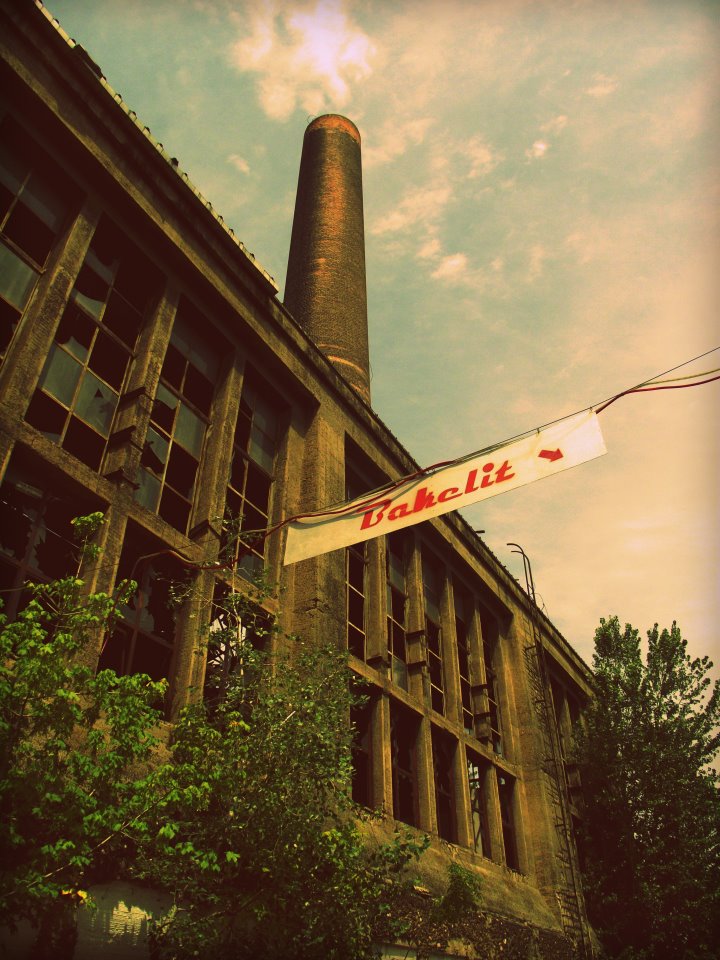
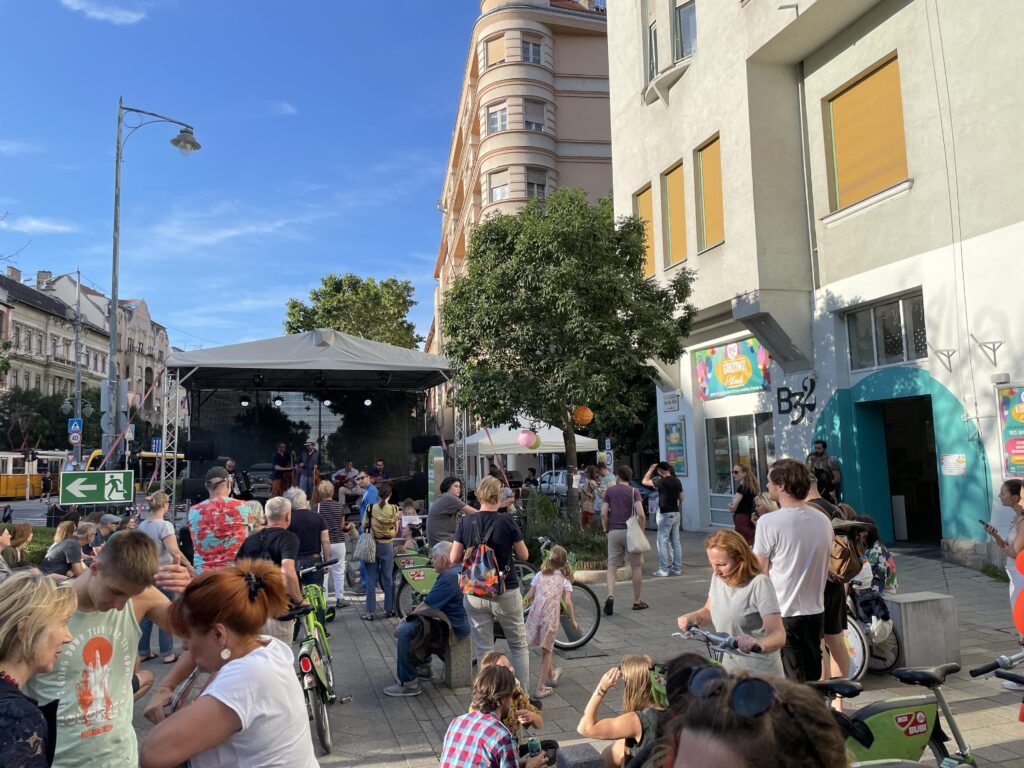
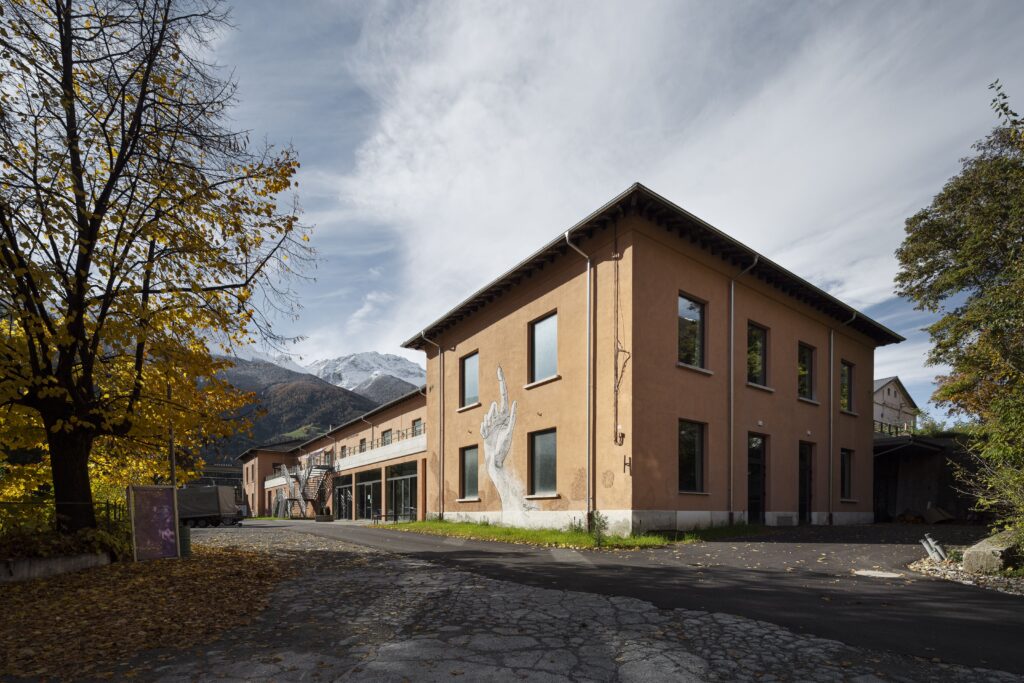
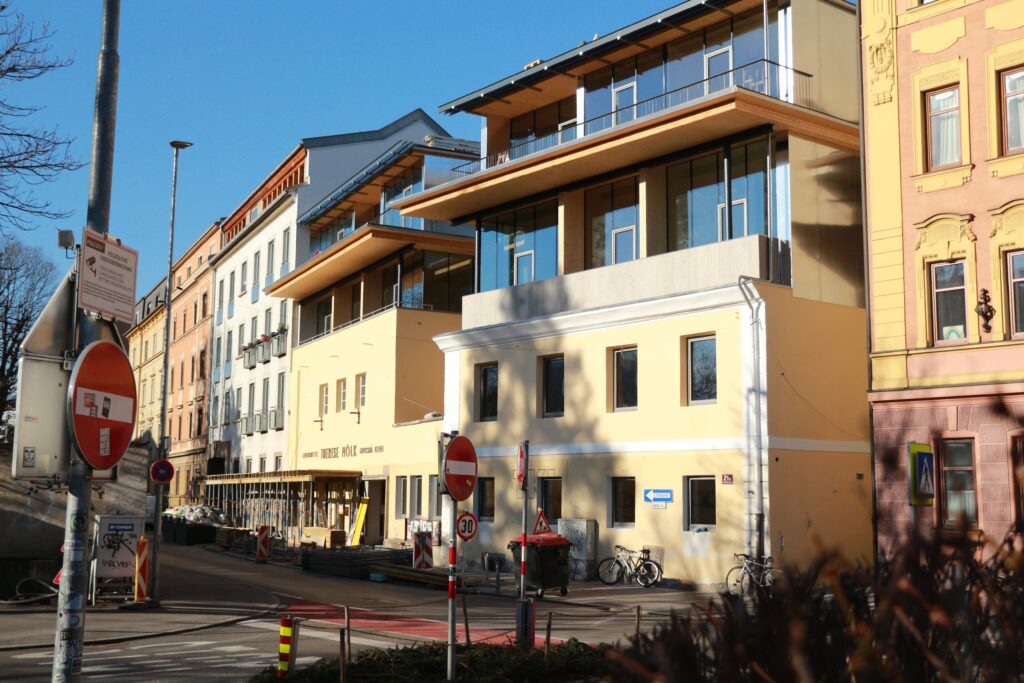
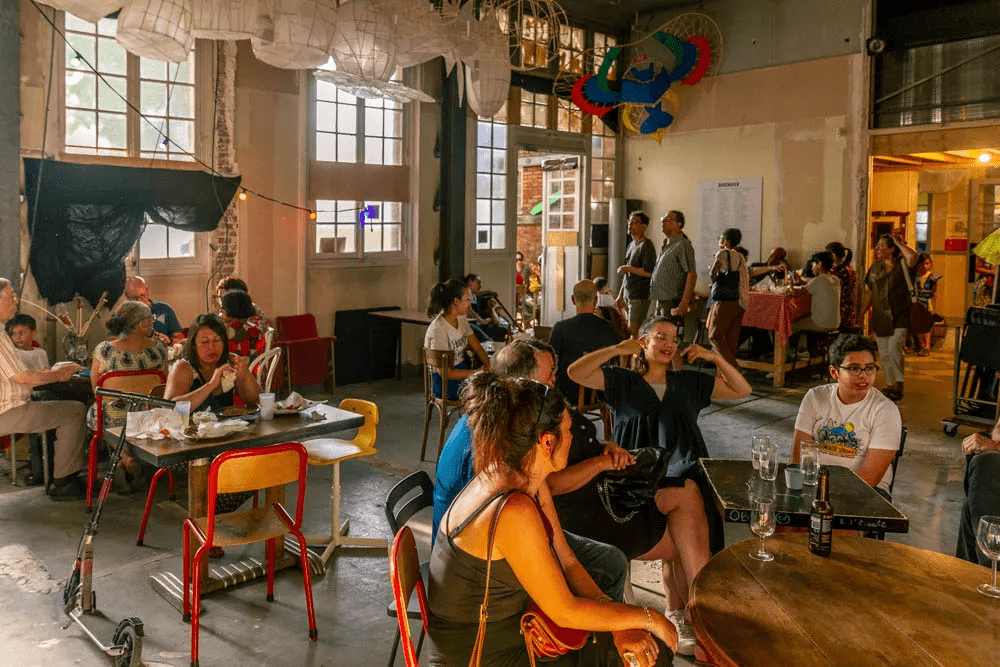
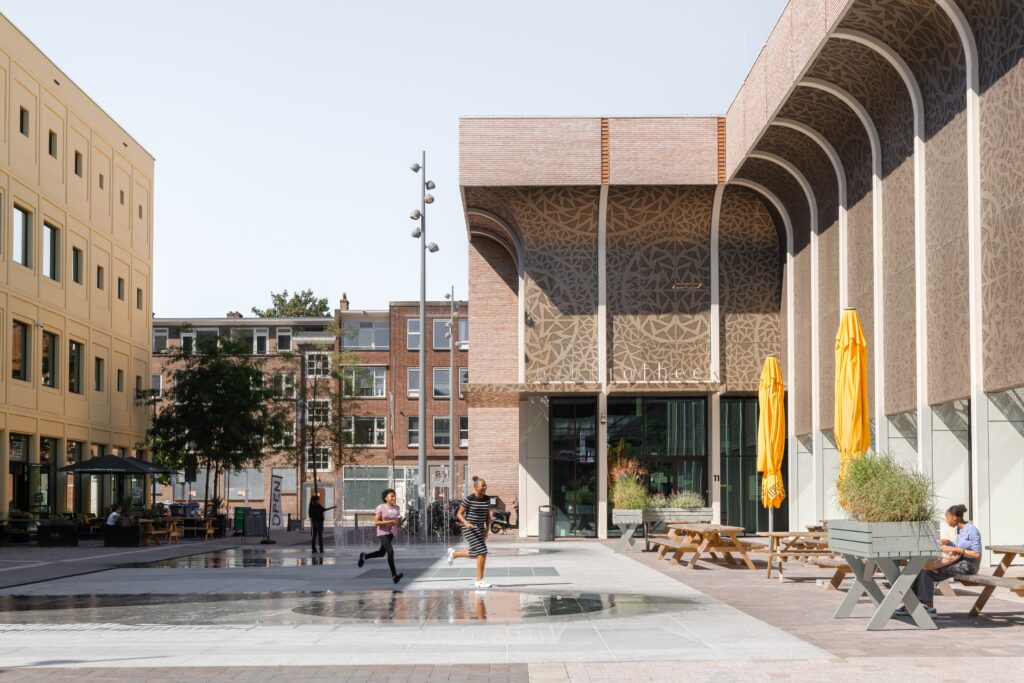
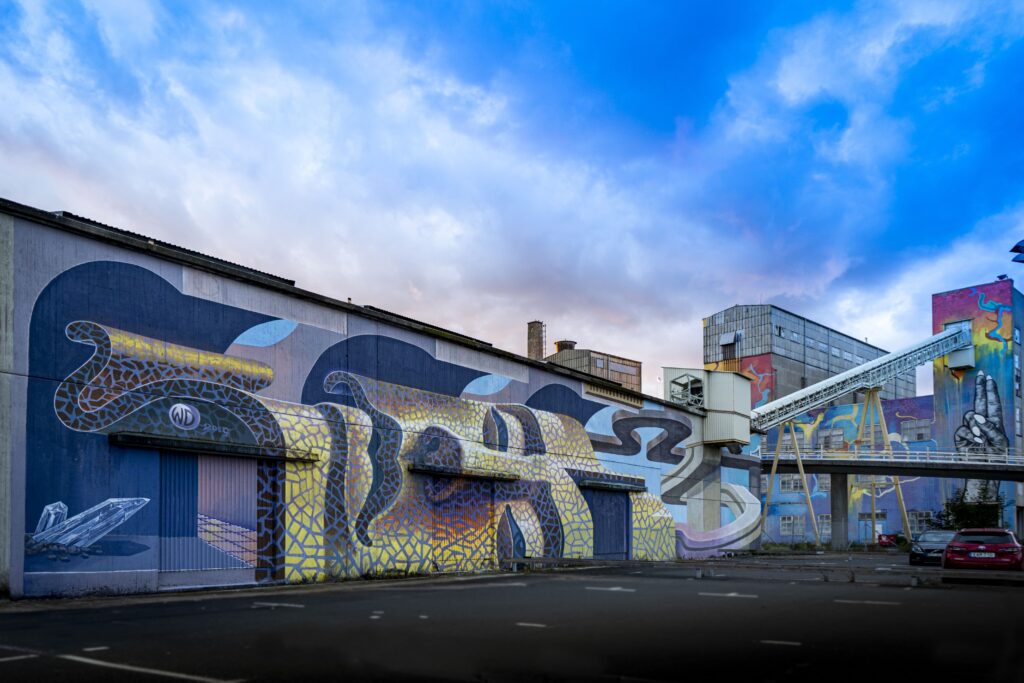
Co-PED investigates the potential of social and cultural centers as catalysts for positive energy districts, nurturing a just energy transition that includes local communities.
Co-PED aims to promote inclusive and equitable participation in energy and cultural initiatives, positioning community-led cultural spaces as laboratories for just and equitable Positive Energy Districts. Our Gender, Diversity and Inclusion Policy sets out the principles behind this commitment.
Transfer and dissemination formats tailored to various stakeholder groups including policy roundtables.
Community of practice, supporting the practical implementation of the project outcomes.
Policy Briefs at the intersection of cultural, real estate, urban development, and energy policies.
Strategic Guidelines for municipalities on the implementation of energy communities.
Capacity Building and Training Program for policymakers and civil society, promoting energy justice.
Structuring Study for a European cooperative company, including articles of association and relevant legislation.